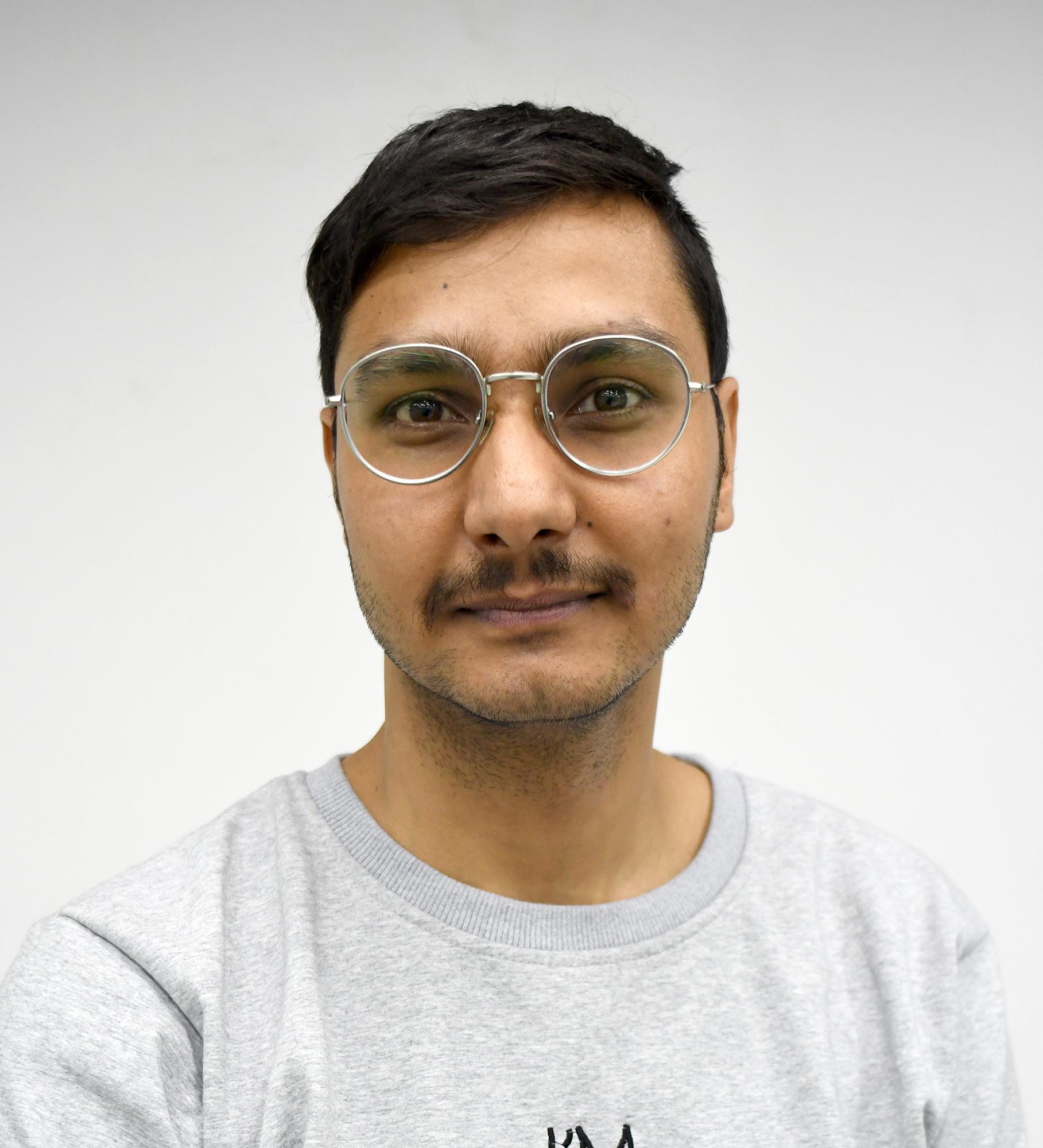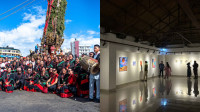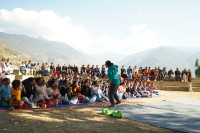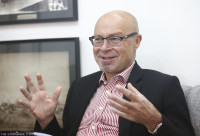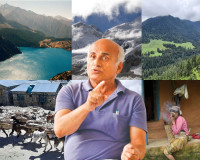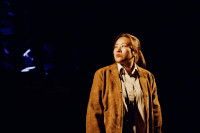Culture & Lifestyle
Stepping into the PUBG arena
Thousands in Nepal play the popular game recreationally but there is a small, dedicated community of gamers who play the game professionally and show promising potential.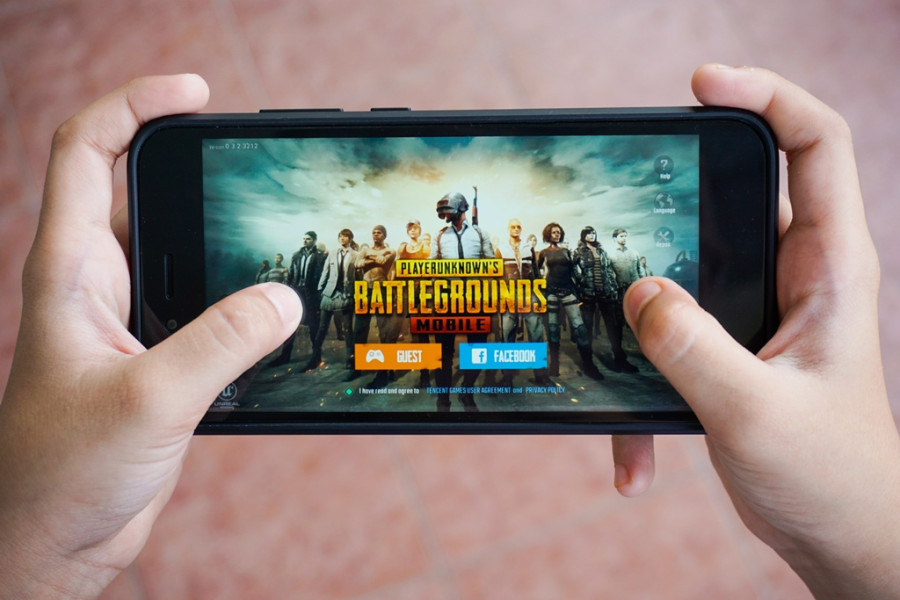
Shashwat Pant
Ugyen Lama started playing PUBG two years ago. At first, it was just a fun way to pass time with friends. But six months into playing the game, he felt he could go pro and started to take part in various tournaments which took place in Nepal and abroad.
In the past two years, Lama has won multiple tournaments in Nepal. Most recently, his team made it to the regional qualifiers of the PUBG Mobile Club Open, commonly known as PMCO, beating 15 other teams—from Nepal, Bangladesh, Bhutan and Sri Lanka—to move on to the next round of PUBG Mobile’s global tournament.
“The end goal is to win an international tournament. I lost last year on the same stage, but this year’s been good so far,” says the 20-year-old.
PUBG’s popularity is increasing by the day in Nepal. Thousands play it as recreation but there are a few who play it professionally, like Lama, and their performances point to a promising future for Nepal’s nascent gaming community. In the recently concluded PMCO’s regional qualifiers, out of the 16 teams, 13 were from Nepal. Out of the four qualified, three are from Nepal.
“It’s great to have come this far. But we still have a lot to do,” says Lama.
Lama’s team Da Real Soldiers (DRS Gaming) was formed a year ago, after last year’s PMCO loss. All six members played for different teams before the loss last year brought all of them together.
“Our goals and vision is the same: To win the PMCO and compete in the next round of the competition,” says Lama. “We’ve done one part and now we need to work hard in the next tournament where the level of competition is going to be insane,” says Lama. “If we don’t prepare well, we’ll not do well.”
The annual PUBG Mobile Club Open is one of the biggest tournaments for the game. It is an international tournament where the best players and teams from 16 regions (spread across countries like India, Germany, Brazil, Turkey, Egypt, among others) compete for the ultimate glory: of being a PUBG champion. The three Nepali teams that have qualified will not compete in the PUBG Mobile Pro League or PMPL, which will be held by the end of this year.
“It’s going to be tough, but we’ll be ready,” says Lama who shares that he and the team are spending around 10 hours a day practising.
The PMCO also saw a Nepali girl take part in the competition for the first time. Divya Tamang played for Doyen Knightss which lost in the semi-finals. But she’s taking the setback positively and says that she’s playing to get better every day.
“It’s a proud moment for me. Obviously I wanted to reach the next round, but reaching the semifinals in my first try itself was something I did not dream of,” says the 19-year-old. “I’ve only been playing for a little over a year, but I know there are other girls who’ve played this for a while and I want to urge them to come forward to take part in the tournaments as well.”
She says that she’s been getting messages from people telling her what an inspiration she is to many by setting an example. “When you hear things like these, it inspires you and makes you want to work hard,” says Tamang.
And the only way to get better at the game is to keep playing. More gamers need to participate in tournaments, play more competitively against experienced opponents instead of playing for 6 to 8 hours a day for recreation, she says. “We need to play against good players. Only then can we improve and compete globally,” says Tamang.
In the same vein, Lama says that although Nepali gamers are performing decently in international competitions recently they still have a long way to reach their full potential. “What we lack is the experience of playing under pressure. The intensity in these tournaments is high, sometimes we lack the experience which only comes by being in these pressure situations,” says Lama.
Regular tournament organiser and caster/commentator Bishal Parajuli (Ansh), who broadcasts PUBG games on his YouTube channel, says that Nepali teams could do well if they get more financial support. Parajuli is the official PUBG Mobile caster/host appointed by PUBG Mobile official and works under the the management of Nodwin Gaming, the Asian headquarters of PUBG event management
“I’ve been trying to support these gamers for a while now but hosting a lot of tournaments but it’s hard to do more as there is no return for the organisers,” says Parajuli.
He says that no one wants to sponsor the event even though it gets a lot of views and traction on social media. Even Internet Service Providers tell them that they will not offer any help.
“When we organise tournaments, we have to pay for everything from the internet to small nitty-gritty stuff which can get very tedious sometimes,” says Parajuli.
Another way Nepali gamers could do well he says is through boot camp. He gives the example of Indian teams who stay at boot camps and regularly compete against one another which keeps them on their toes and makes them better as they have to play under immense pressure during the actual tournaments.
Lama says that while taking up such initiatives can help boost the gamers’ performances, the first step to help this small community is to first start recognising gaming as a career choice. He says that he is lucky as his family is supportive of him playing PUBG, but says he is aware that the mindset might change in a few years.
“Until players like us can play without boundaries and with full support from our families, only then can we perform to our full potential,” he says.




 8.75°C Kathmandu
8.75°C Kathmandu